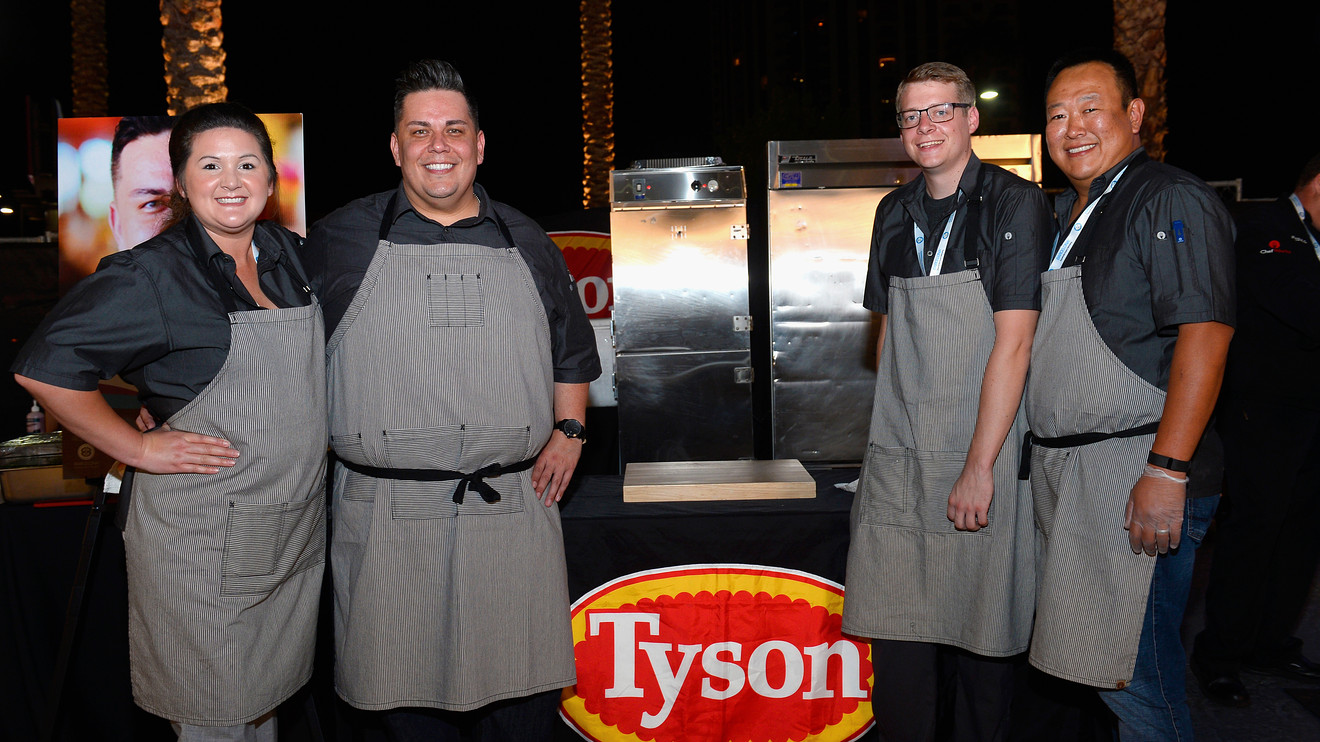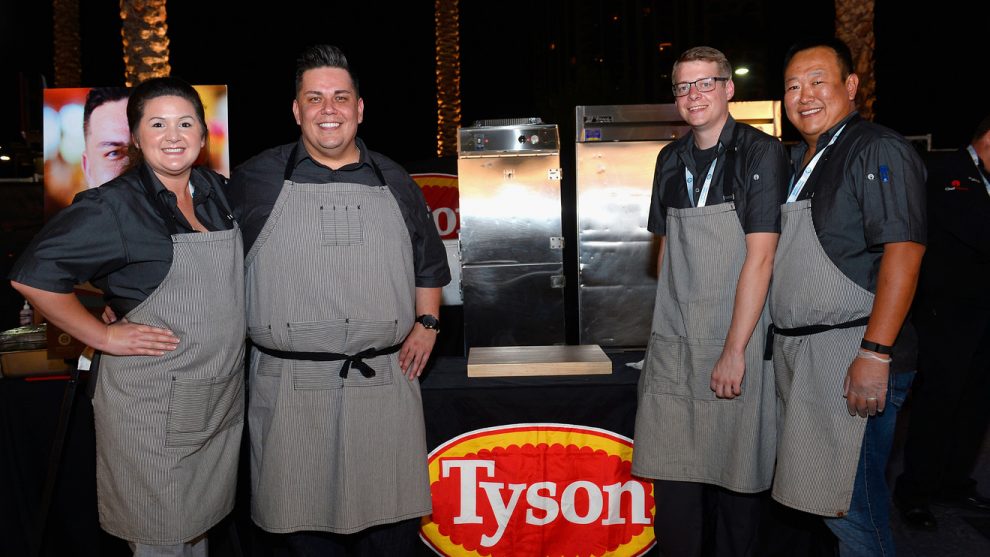
A portfolio manager at one of world’s leading hedge funds has launched an attack against America’s big four meat processing firms for their alleged part in breaking the U.S. food supply chain.
The comments by Tim Bond, partner and portfolio manager at Odey Asset Management, were triggered by full-page newspaper advertisements taken out by meat processor Tyson Foods TSN, +4.52% at the end of last month. The ads warned “the food supply chain is breaking.”
Bond told MarketWatch that John Tyson, the chairman of Tyson Foods, “only has his own company to blame, along with the three other companies that constitute the oligopoly controlling 85% of U.S. meat processing,” after industry consolidation meant there were fewer larger processing plants, which now find themselves struggling to cope with the impact of coronavirus.
“The industry is a poster child for the trend towards excessive concentration, reduced competition and — as we are now discovering — a decline in resilience,” said Bond.
Odey Asset Management, which has over $3 billion funds under management, was established in 1991 by billionaire Crispin Odey. Odey Asset Management said it had no positions in Tyson Foods and has not shorted the stock. It said Bond has a history of championing competition.
Read:Trump issues executive order for meat processing plants to remain open amid pandemic
Tyson Foods, has been a driving force transforming the industry from its fragmented past to fewer larger integrated processing facilities. But labor-intensive production lines have become hotbeds for the spread of coronavirus, and the resultant closure of such big facilities has threatened the supply of meat to people’s homes.
Tyson, which posted a 15% fall in second quarter net income on Monday, compared with the previous year, has had to shut plants in Nebraska, Washington and Iowa.
In 1977, the four largest meat processing firms constituted just 25% of the market, claims Bond. Today, they control 85% of the slaughter market, as well as some 35% of cattle ranches and around 65% of the entire chicken industry, he said.
Since 1990, the number of slaughter houses, excluding poultry, has declined by 46%, from 2,709 establishments to just 1,461 establishments.
Read: Keeping slaughterhouses open to protect U.S. meat supply may boost these food-packaging companies
“As a result, when a handful of these factories are forced to close due to coronavirus-related absences, farmers have nowhere to slaughter their animals and the industry grinds to halt,” Bond said.
“Unsurprisingly, the increase in industry concentration is highly correlated with an increase in beef and veal consumer prices relative to overall food inflation. So the oligopoly of this industry has simultaneously ripped off consumers and producers and is now incapable of feeding the nation.”
A spokesman for Tyson Foods said: “We’ve not seen the analyst report so we can’t comment on it. The truth is this pandemic has affected businesses across our nation, in every sector of the economy, regardless of size, service, location, or ownership. It’s also affected thousands of farmers and ranchers whose continued viability is extremely important to us.
“As the world population continues to grow, so does demand for protein. That’s why food companies with the resources and innovative capabilities like Tyson Foods are needed to help meet that growing demand.”
“Given the symbolic importance of the beef steak in American culture, the weekend whine for more government financial aid will probably prove effective,” Bond said. “A sensible support package would include measures that ensure the breakup of this oligopoly, but one somehow doubts that they will be forthcoming.”
However, Steve Kay, owner of Cattlebuyer Weekly, and an authority on the read meat industry, said competition in the U.S. is healthy: “It’s factually incorrect to say concentration has increased over the last 7 years. The data proves that. There is not only plenty of competition in the market there are sizable players.”
Last Tuesday, just two days after Tyson published its full page advertisements, President Donald Trump took executive action to order meat processing plants to stay open, amid concerns over growing coronavirus cases and the impact on America’s food supply.
Trump cited the Defense Production Act, classing the processing of meat as critical infrastructure. Unions warned he was jeopardizing lives.











Add Comment